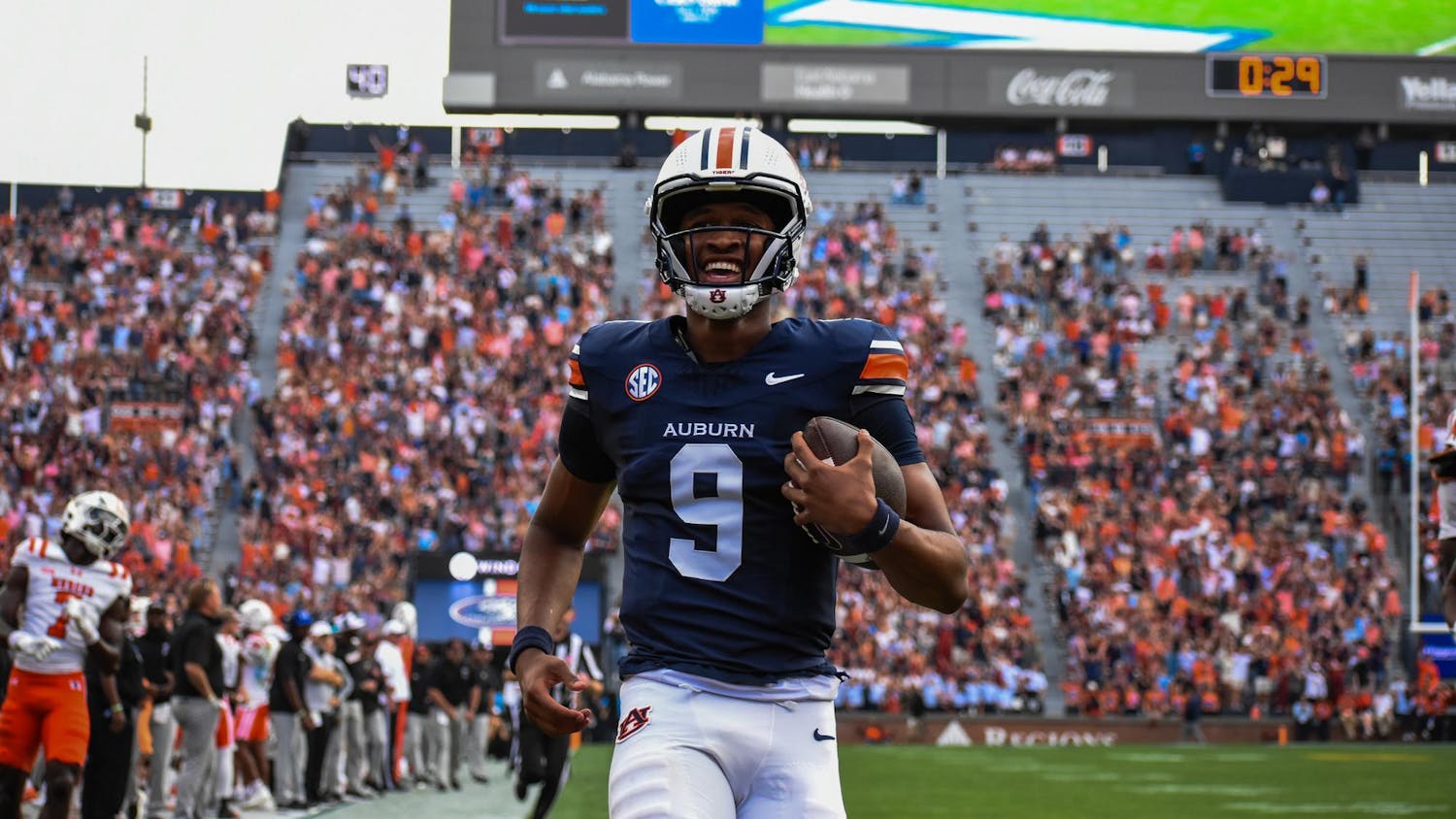Sunny Golloway is gone. His two years here had become a melting pot of emotions: exciting, disappointing, promising, and ultimately wasted.
When he was hired in June of 2013, a energizing jolt got sent through the veins of the Auburn program.
The Tigers had been to the NCAA Tournament just twice in the 10 years prior to Golloway’s hiring. John Pawlowski, the coach whose firing paved the way for Golloway, had led Auburn to the postseason one time in his five years at the helm.
Golloway had been the coach at the University of Oklahoma since 2005, and had sustained success with the Sooners, reaching the College World Series in 2010, where his squad was eliminated by the eventual champion South Carolina Gamecocks.
Jay Jacobs, ever the opportunist, saw Golloway as a way to breathe life into a baseball program that was the definition of middling, and hired him away from Oklahoma.
From the moment Golloway stepped on campus, he began implementing his style of play, which was a far cry from Pawlowski’s.
Golloway demanded top-line effort from his players at all times, and he wasn’t afraid to let people know how he felt when he wanted to say something.
His way of doing things drove a wedge between him and some of his players, and as a result some ended up leaving, if they weren’t kicked off the tea outright.
Golloway dismissed senior Hunter Kelley in February of 2014, and two more upperclassmen, senior Patrick Savage and junior Chase Williamson left the team of their own accord.
Golloway told the media the exodus of players was because of his demands as a coach, referring to the removal of players as cutting out “a cancer,” but Savage left cordially, of his own accord.
Savage was bewildered at the things Golloway could say to the media, of how he could manufacture a storyline out of thin air to make his own image look good.
In the summer of 2014, Golloway was reportedly under an internal invstigation by the Auburn Athletic Department.
Players were unhappy with how he ran the program from the inside, and for a while it seemed like Golloway might have been fired only a year into his contract.
However, his team began performing well in 2015, eventually finishing 36-26, good for a berth in an NCAA Regional.
And then after Auburn was eliminated by the College of Charleston in Tallahassee, Golloway reeled in a top-10 recruiting class.
But last week, it all went up in flames.
Jacobs axed Golloway with roughly four months until the season starts, which obviously is a less-than-optimal time to start a coaching search, but this marriage was never going to work, and Jacobs felt it couldn’t go on any longer.
Golloway’s win-at-all-costs mentality couldn’t work in Auburn, and he can now add The Plains to the list of places he’s burned bridges.
There was a murky cloud hanging over the head of the baseball program: a coach whose ends-justify-the-means methods wouldn’t work.
Now Auburn can move forward with a clearer vision of the type of coach they want, one that wants Auburn to succeed instead of himself.
Do you like this story? The Plainsman doesn't accept money from tuition or student fees, and we don't charge a subscription fee. But you can donate to support The Plainsman.




